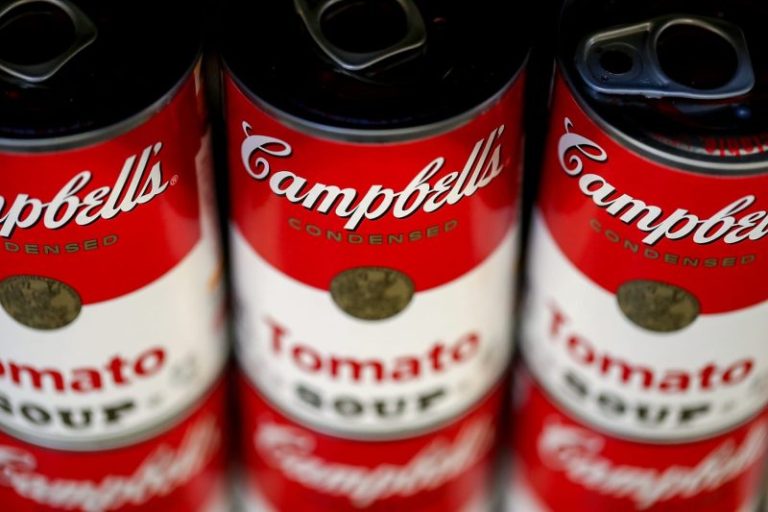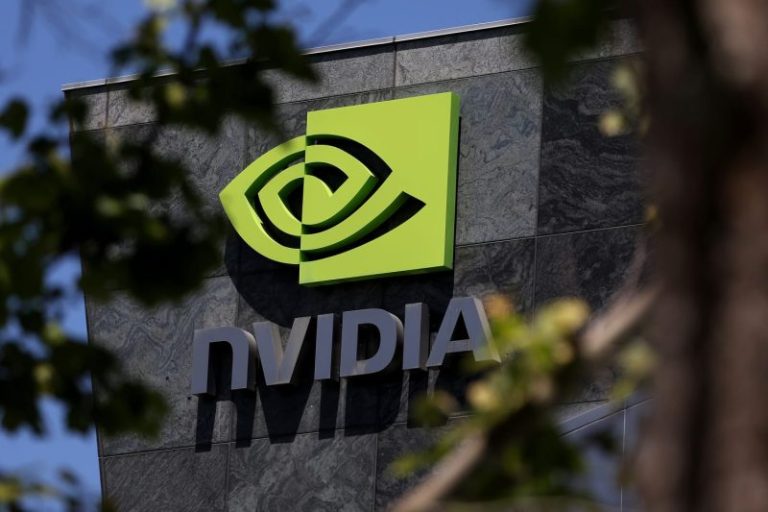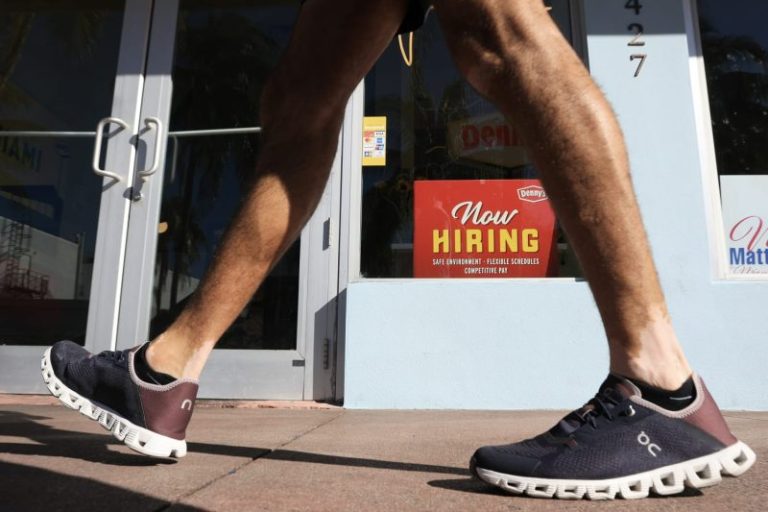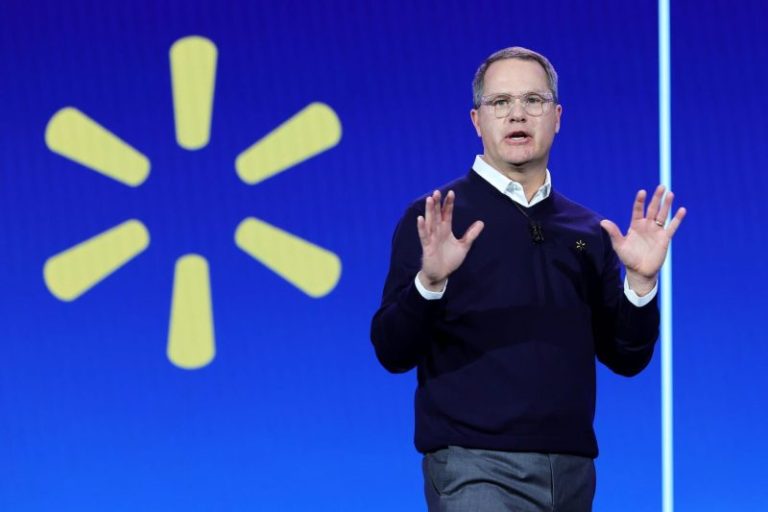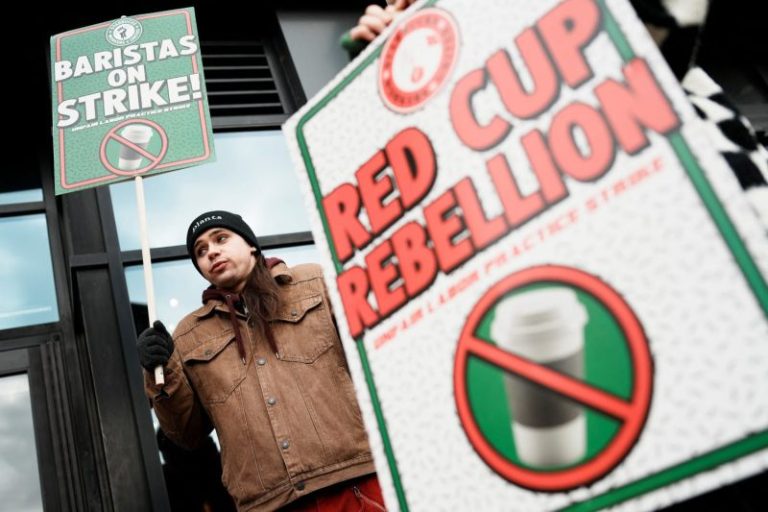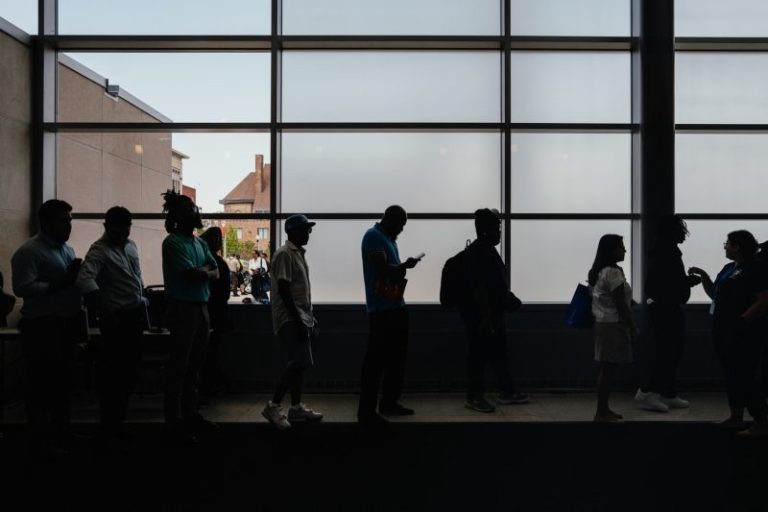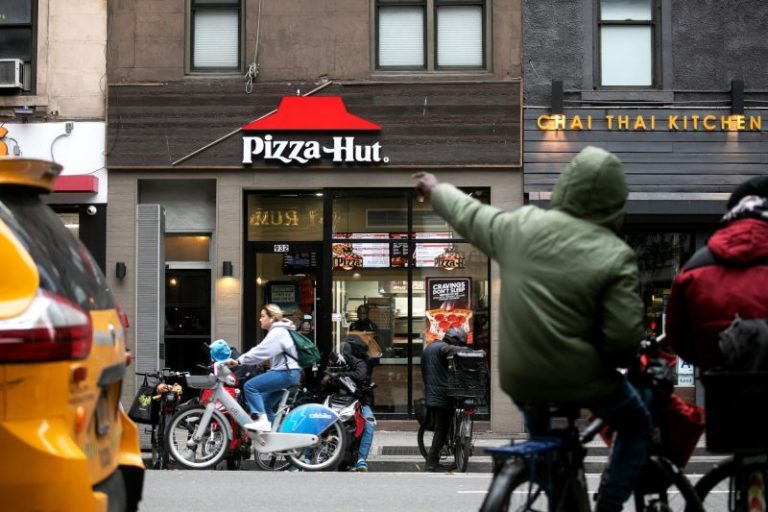The United States added 119,000 jobs in September, a stronger-than-expected figure and a sign that the economy was adding jobs at a healthy clip before government shutdown.
But the details of the report from the Bureau of Labor Statistics paint a more mixed picture, that of a labor market that has recently begun to look wobblier amid high-profile layoff announcements from a host of blue-chip companies.
September’s employment gains were concentrated in health care, food and drinking establishments, and social assistance. Manufacturing shed 6,000 jobs, continuing a trend in a sector the Trump administration has touted as a key target of its economic policies. Transportation and warehousing also lost 25,300 jobs.
The unemployment rate climbed from 4.3% to 4.4% in September, though the pickup was due in part to an increase in the labor force, which the BLS said gained 450,000 new potential workers.
The pace of wage growth slowed.
Thursday’s report was originally supposed to be released Oct. 3, but it was shelved because of the government shutdown. Jobs data collected for October will be released Dec. 16 as part of the full report covering November, the BLS said Wednesday.
The absence of official economic reports over the past six weeks has made it difficult to accurately assess the current state of the jobs market.
But data from private and alternative sources has painted a worrisome portrait amid signs of softening consumption among many households and stubborn price increases.
Over the past few weeks, Amazon, General Motors, IBM, Microsoft, Paramount, Target and UPS have announced plans to eliminate tens of thousands of jobs. Their ranks were joined Thursday by Verizon, which announced the start of layoffs affecting 13,000, according to an internal memo.
About 39,000 workers received layoff notices in October, according to data tracked by the Cleveland Federal Reserve — a number last seen in May and before that only during times of crisis.
A separate report released this month by the research firm Challenger, Gray & Christmas counted 153,000 job cuts announced in October, though some analysts give less weight to its data over methodology questions.
Whatever the exact total, those who do find themselves without work are now experiencing an average unemployment spell of 24.5 weeks — nearly six months. That’s the worst reading since November 2017.
Tiffany Price, South Florida general manager for Job News USA, a job listings service, said many companies face budget cuts and have effectively frozen hiring. And what companies are still hiring are offering lower compensation rates that more experienced workers may have trouble accepting.
The number of employers who attended a recent Job News jobs fair at Amerant Bank Arena in Broward County, Florida, was nearly half the figure of a year ago, while attendance among workers held steady at about 2,000 potential applicants, Price said.
Still, many organizations report difficulties finding qualified workers, she said. On both the employer and the employee sides, a “post and pray” job application strategy has taken hold that leads to worse outcomes for both, she said. More successful outcomes on both fronts have come from local relationships and face-to-face outreach.
A bright spot has been local government, Price said — something that is reflected in the national data, which shows employment in local government roles has continuously expanded since the Covid-19 pandemic recovery set in.
“It’s a weird market,” she said.
Questions about the health of the labor market now dominate discussions about whether the Federal Reserve should continue to cut interest rates. On Monday, Fed Governor Christopher Waller said a December cut was needed to stem further job-market deterioration.
“My focus is on the labor market, and after months of weakening, it is unlikely that the September jobs report later this week or any other data in the next few weeks would change my view that another cut is in order,” he said.
In his speech last month announcing a 0.25% rate cut, Federal Reserve Chair Jerome Powell was more circumspect, saying it appeared that the jobs market was weakening only gradually and signaling he was not ready to guarantee a December rate cut was inevitable.
The Fed’s divisions were laid bare in meeting notes released Wednesday from the October rate-setting meeting that showed a sharp split among policymakers about the risk that lower rates would spur already-elevated inflation by making it easier for consumers and businesses to borrow money.
“Most participants noted that, against a backdrop of elevated inflation readings and a very gradual cooling of labor market conditions, further” interest-rate cuts “could add to the risk of higher inflation becoming entrenched,” the notes said.
So far, many economic analysts have been reluctant to call it a full-blown jobs crisis, pointing to data from state-level claims for unemployment that remain subdued and recent reports from the payrolls processor ADP showing a slight rebound in new hires.
“Fears of a renewed labour market downturn, amid reports of mass layoffs at several large firms, are not reflected in still-muted jobless claims or the pick-up in hiring in the ADP private payrolls report,” Thomas Ryan, North America economist for Capital Economics research group, wrote in a note published last week.
This post appeared first on NBC NEWS

